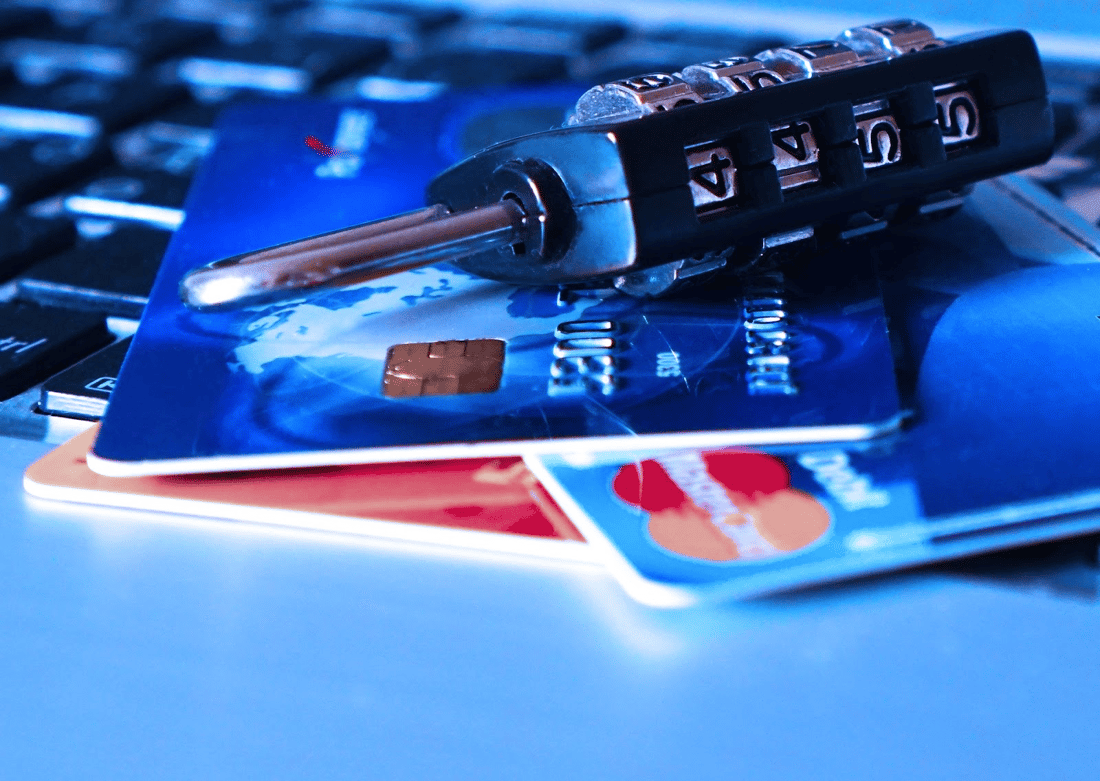[ WE EVOLVE ] NA-AT Technologies is now NAAT.TECH
NA-AT Technologies is now NAAT.TECH
Learn about our new identity hereIdentity Fraud: discover 4 characteristics of fraud in the travel segment
Identity fraud can cause various damages for companies from the most varied segments. Currently, incidents are increasingly frequent and sophisticated, requiring companies to take preventive measures to reduce risks and losses.
One of the segments most targeted by fraudsters is travel, since it offers opportunities for high and fast profits. With that in mind, we prepared this article with four valuable characteristics of fraud in the travel segment so that you can stay on the know and be safe.
Read on!
What is identity fraud?
Identity fraud is a criminal practice in which the fraudster impersonates another person to obtain undue benefits, such as opening bank accounts, contracting services, making online purchases, among other activities.
At first, the fraudster carries out identity theft by accessing personal information from third parties. Social security number, ID, driver's license, passport, bank details, and many others can be stolen.
Identity fraud occurs at a second stage, with the misuse of the information that was stolen. In other words, it means impersonating someone else, with the objective of obtaining advantages, such as financing and loans.
One of the major challenges involving identity fraud is the great difficulty in identifying it. Because it is a silent action, many people who have their data stolen do not realize that they are being victims.
The discovery usually happens when the victim is traveling. At that moment, many are informed of the fraud, starting a bureaucratic struggle.
Why is the e-passport becoming so famous worldwide?
With the advancement of technology, countries adopt increasingly advanced security measures for international trips, making the use of e-Passports indispensable.
This type of passport is much more secure than its standard paper equivalent, as it gives governments the ability to quickly confirm the identity of travelers who enter their borders, reducing the risk of fraud or smuggling.
In addition to security, technology also makes customs controls faster, which means that long waiting lines at airports are much less likely to occur when traveling with an e-passport.
 identity fraud: what is it
identity fraud: what is it
It's a less risky fraud for the fraudster
When the occurrence of fraud involves the delivery of a product, the fraudster must expose himself in some way, since he must guarantee receipt, either with delivery to a place where he has access, or by obtaining partners in the delivery chain.
When we talk about the travel segment, it is not necessary to change the buyer's address details, since the reservation will be received by e-mail. As in most cases, the fraudster will not be the passenger, he is less exposed, since he does not have to present himself in person at the boarding place, not jeopardizing an address linked to him or to people related to him,
This factor makes fraud prevention more complex, since the fraudster needs to change less data in the user's registry. Even so, it is very common to buy authentic tickets for third parties in this segment (parents buying for children, friends buying for friends, etc.), changing the email sending the reservation so that the passenger has the travel documents. In other words, there is less evidence to differentiate authentic transactions from fraudulent transactions than there is in traditional e-commerce orders.
The “resale” happens before the fraud
An ordinary retail fraudster focuses on products that are the best combination between high value and speed of sale, such as cell phones. In this sense, he must be successful in the fraud and receive the product to be able to profit.
With trips, the situation is reversed. The fraudster needs to know the excerpt, date, and time they are going to sell to be able to profit from the fraud. This often entails first selling a ticket and then carrying out fraud to obtain it. In other words, even if the passenger is prevented from boarding, the fraudster has already profited from the sale.
The passenger does not always know that their ticket is the result of fraud
There are cases of advertisements of fraudsters impersonating travel agencies that have special prices to attract customers and, as a result, many passengers arrive at the airport without imagining that they have participated in fraud. Many of them believe that they paid a travel agent for their tickets and therefore have the right to board.
This requires airlines to be very skillful in customer service so as not to have a negative impact on their own image. On the other hand, if done well, this contact can generate important inputs about the fraudster and help prevent new fraud.
Timing is everything.
In the retail market, the fraudster can even opt for express delivery, however, the deadline always starts from the moment the purchase was approved, shortly after the credit release and the anti-fraud authentication. This approval time is usually fixed (or with a fixed limit), which has little impact on the success of the fraud.
When buying airline tickets, the logic is reversed: the flight has a day and time to take place, which means that buying well in advance increases the probability of the defrauded individual noticing the debit on their card, reporting fraud and the ticket being canceled.
Even if you have already profited from the ticket, the longer the fraudster can successfully maintain itself, the more customers they will have without having to change the advertisement, place of “service”, etc. It is worth remembering what we mentioned before: fraudsters work like companies and seek greater profitability.
 What is identity fraud
What is identity fraud
The importance of choosing an anti-fraud tool
Because of these characteristics mentioned above, fraud in the travel segment needs special attention. Because of the attractiveness of the segment, fraudsters frequently innovate in the form of attacks, finding new points of fragility at all times, which requires the fraud prevention solution to have the same dynamism.
Therefore, generic prevention solutions tend to be less effective, since they are slower to detect and react to changes in buying behavior.
Maintaining low levels of fraud without impacting revenue is no easy task, but choosing the right platform can bring a healthy balance between these variables. It's worth investing in finding the best partner for the sustainability of your business and in guaranteeing more peace of mind on a daily basis.

